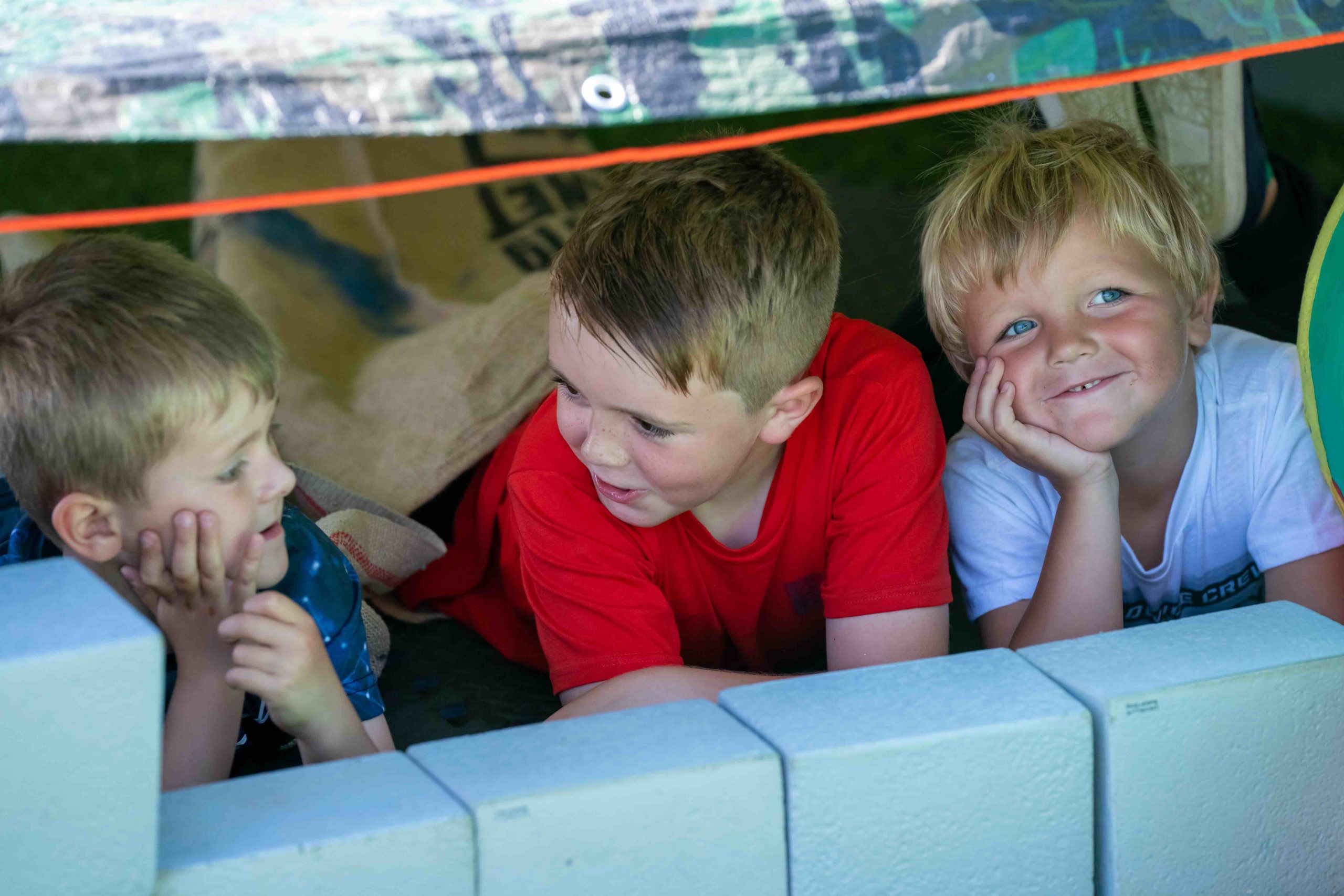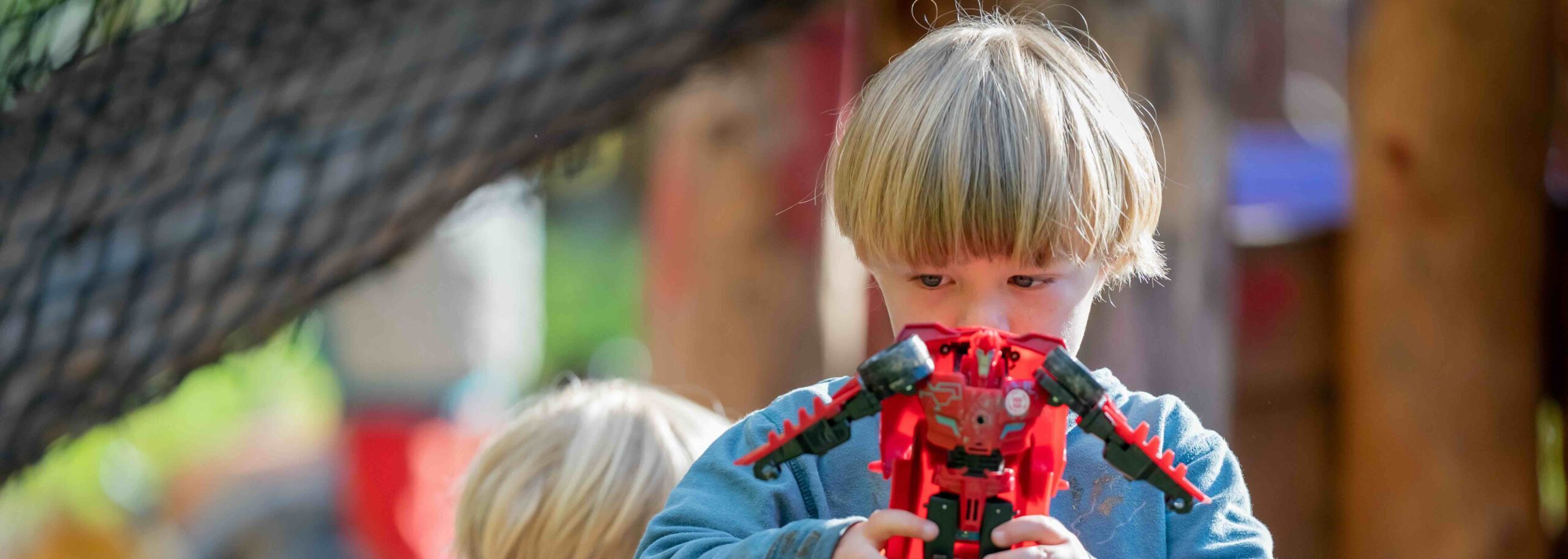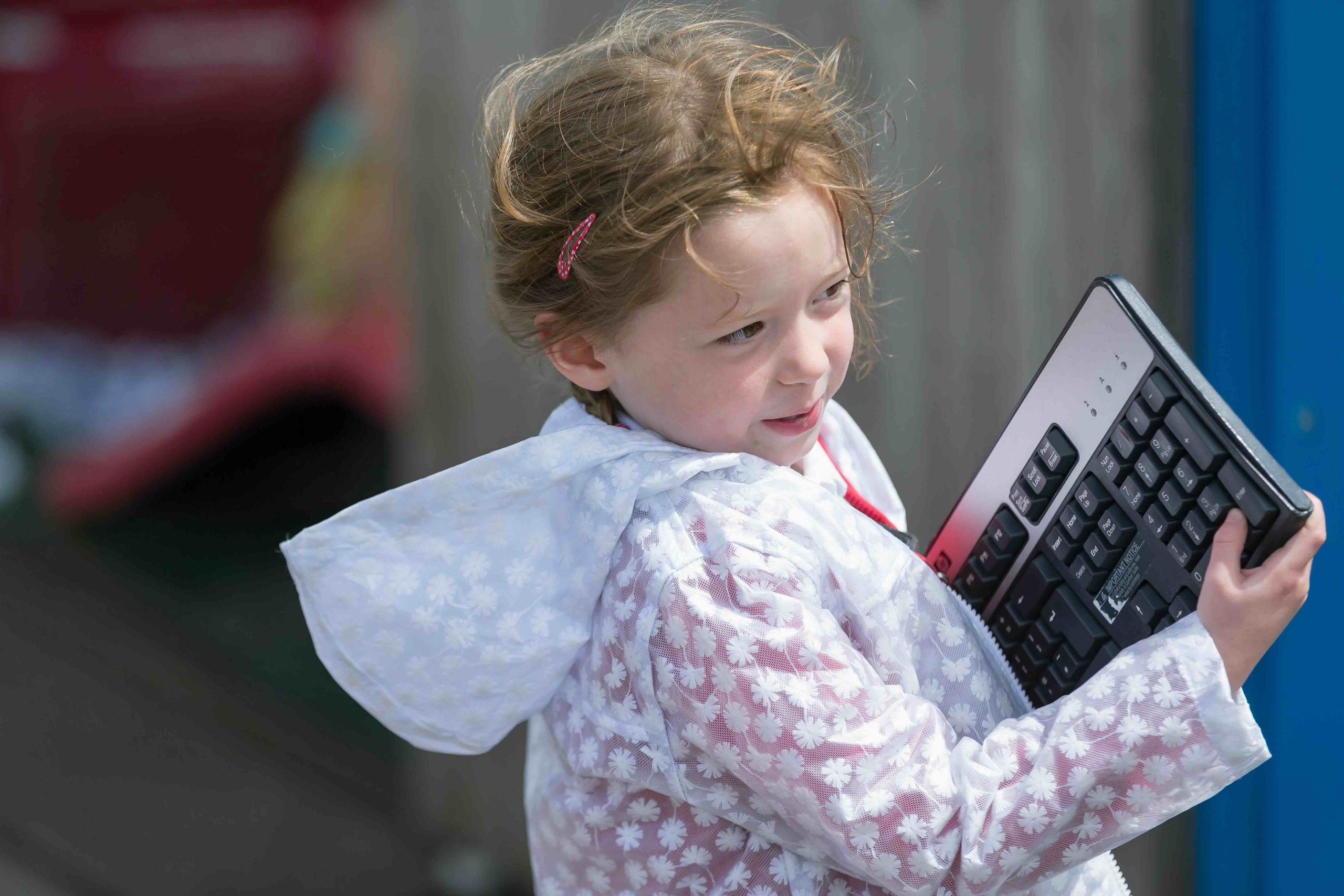All about play
Having other people’s children to play at your house
Going to other people’s houses is something lots of children and teenagers do. It helps them realise that not all families are the same. It also helps them learn to adapt to different social situations.
Some children enjoy having other children round to play but not all do. For some it’s quite stressful to share their space and things, or to feel responsible for visitors.
It can also be quite difficult for parents to know how much to get involved and how to manage behaviour when other people’s children or teenagers are at your house.
How much supervision do children need?
The amount of supervision needed will depend on the age and stage of children.
- Young children need an adult present to keep them safe.
- As children get a bit older, you may decide it’s fine for them to play without you being directly involved if you can see and hear them.
- A next step might be letting them play without supervision as long as they tell you where they are and when they will be back.
Do you need to provide activities for children?
- For young children, you may need to organise some play things and activities such as crafts, cooking or games.
- As they get older, you can encourage your child to think about what they might like to do and get them to prepare some things themselves.
- Teenagers are most likely to want a space where they can do their own thing, and access to drinks and snacks.
Here are a few things that are fine for you to do.
- It’s fine to lay down a few ground rules about what you expect. For example, you may have some rooms you’d prefer the children not to play in, or things you’d like them to be careful around. It helps children to know these things from the start.
- It’s fine to stick to your usual expectations of behaviour. For example, if you wouldn’t normally let your child jump on the furniture or let your teenager swear, it’s fine to say that.
- It’s fine to say ‘no’ to someone else’s child, for example to say ‘no’ to extra sweets or another film.
- It’s also fine to use your own judgement about whether to relax the usual rules a little.
What can you do if things aren’t going to plan?
Here are a few examples that have happened to almost all parents at some time, and some ideas about how you can deal with them.
Your child refuses to share their toys and is upset with other people being in their space.
- Accept this is a normal part of development and your child is still learning – they are not misbehaving.
- Provide an easy alternative such as playing a new game.
- Give your child something they can be in charge of such as passing the snacks around.
- Give them opportunity to develop their confidence with short visits and just one or two friends at a time.
A visiting child gets upset just as it’s time for them to be picked up or go home.
- Stay calm. This can be embarrassing but it happens to everyone and it’s not anyone’s fault.
- Remember it could be a sign that they’ve had a good time, but they’re now tired or ready to go home.
- Find a nice quiet activity such as reading a storybook or tidying up toys.
The children start to play a game that you’re not sure other parents would allow.
This could include things like rough and tumble or messy play.
- Be guided by your own judgement – think about what you usually allow in your house.
- Remember that different kinds of play have benefits for children. For example, rough and tumble is a way of forming friendships and developing a range of important skills, such as learning to trust other people and learning about your own strength.
- Make sure the children are playing in an appropriate space for that type of play. If not, you can either move the children or move anything potential dangerous or precious out of the way.
You’re not very pleased with how your child and their friends are behaving.
- Be kind – children are learning about how to manage different social situations and expectations, so they won’t always get it right.
- Try speaking to your child separately from the others to save them embarrassment.
- Model the behaviour you would prefer – for example, speaking more quietly, being more gentle, making sure everyone has a chance to join in.
- Stop for a snack and a drink, and have a chat about what everyone would like to do next. This is a good chance to gently chat about behaviour.
You can find more ideas for playing at home on our pages about dens, messy play and playing around your home.













